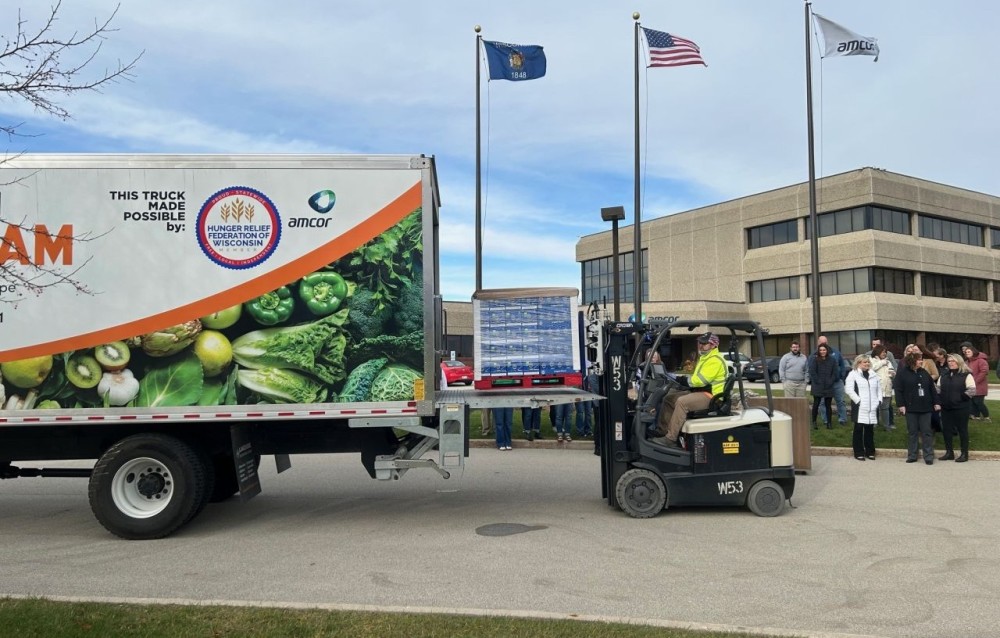WA ScamNet has released a 2022 scam report, with 1,203 people reporting combined losses of $15,988,513 – a seven per cent increase on 2021’s recorded losses and recorded amount of victims.
The report reveals online shopping and classified scams claimed the most victims.
274 online shoppers lost a total of $876,774, with 270 buyers and sellers on classified sites losing a total of $564,680 – likely due to COVID-19 reaching its peak in WA and the need to isolate at home.
The top two scams reported to the Consumer Protection Contact Centre were the Amazon phishing scam – an SMS, email or phone call about an undelivered package or item supposedly being held at a distribution centre, and the cryptocurrency investment scam.
Scams relating to the myGov phishing scam increased by 2,650 per cent from two enquiries in 2021 to 55 in 2022. In most cases, the scammers attempted to gain access to consumers’ banking details by claiming the consumers were entitled to a refund.
Investment scams, mainly involving crypto currencies, were to blame for $6,980,254 in losses, while $2,871,468 was lost to dating/romance scams – with one individual losing $800,000.
The disturbing ‘Hi Mum/Dad’ text scam tricked 59 victims into paying $265,353 with criminals posing as desperate children needing urgent financial assistance from their parents.
The Australian Competition and Consumer Commission has reported that annual scam losses nationally are at least $2 billion and could be as high as $4 billion. Alarmingly, a survey has indicated that only about 13 per cent of scam losses are reported to authorities, indicating that these figures are only the tip of the iceberg.
Scammers are getting smarter and scams are getting harder to spot so consumers need to be even more vigilant with all communication online and over the phone.
With every phone call, text message or email it’s important practice the pause… and think, could this be a scam? If it is too good to be true, it probably is. Keep your personal information safe and only give it out once you have verified the legitimacy of the request through your own research.








